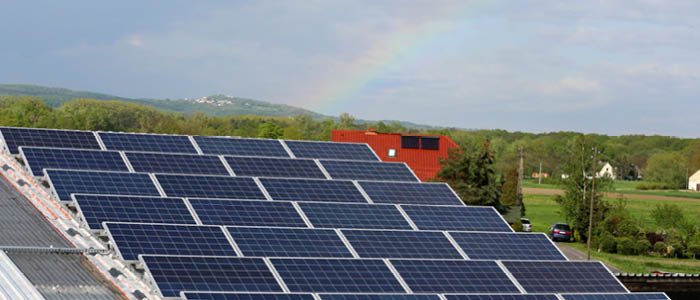On the first anniversary of the introduction of Hungary’s long-awaited renewable energy support scheme (known as “METAR”), we look back at its first year and ahead to the future of renewable energy in Hungary from a legal perspective.
Upcoming Challenges for the Slovak Energy Market
The Slovak energy market is in a state of transition. Energy security continues to be a key driver of the country’s energy policy. Long characterized by its reliance on gas from the Russian Federation, Slovakia continues to seek alternative sources to supply its energy needs. To a large extent, the solution has been to invest billions into nuclear power, while the development of renewable energy sources (RES) has so far been slow.
Public Aid for Czech Green Energy Sources
Supporting the generation of electricity and heat from renewable energy sources has a long-standing tradition in the Czech Republic.
Offshore Investments in Polish Maritime Areas
In Western Europe, offshore wind farms have been successfully used for a long time. Meanwhile, no power-generating installation of this type is currently operating on the waters of the Baltic Sea under Polish control.
Greece: An Emerging Energy Hub in the SE Mediterranean
Greece has long been a regional energy market. However, drastic changes have been taking place which have the potential to transform Greece to an energy hub in the South Eastern Mediterranean region. The first step was made with the inauguration of the Greek-Turkish gas pipeline at the beginning of the millennium.
Romania May Become One of the Great European Powers in the Energy Sector
Natural Gas: The Road to Becoming a Gas Exporter
Romania has a petroleum history reaching back more than 150 years, as the country was the first to produce crude in the world and the first to build a modern oil refinery.
Energy Performance Contracts in the Slovenian Public Sector
The first recorded energy performance contracting project in Slovenia was carried out in 2002, and was soon followed by a number of other similar projects, notably in the public sector. Thus, energy performance contracts are not a new concept in the Slovenian business sphere, although it was not until 2014 that the country’s newly adopted Energy Act transposed Directive 2012/27/EC on energy efficiency and introduced a comprehensive definition of an energy performance contract.
































